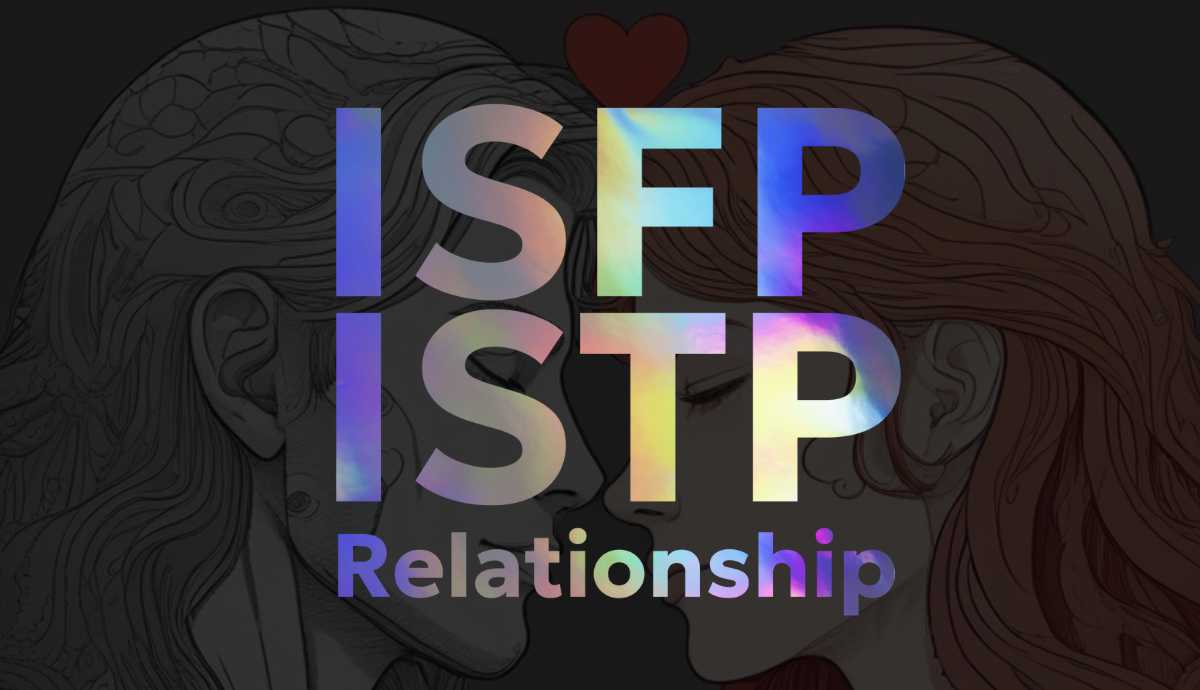At their best and psychologically healthiest, the INTP person is a principled, polite and easy-to-get-along-with individual. Their inferior Fe may only manifest as social awkwardness and shyness that obscures their sensitive, loving nature which can be childlike in it’s purity.
Unfortunately, INTPs also have a darker side that can apparently manifest under toxic circumstances. Nihilism and antipathy are among the attitudes that can emerge and turn the INTP from a loveable nerd with awkward charm to a dangerous malcontent who despises everyone.
INTP Animus Unchained
Normally quiet and reserved, the INTP personality tries to keep their emotions under control. Their rational minds often filter out and downplay the relevance of feelings in their decision making process. INTPs place truth and accuracy at the top of their hierarchy of values and so subjective feelings and emotional input will therefore be subordinate to that.
However, when under stress or when having their patience pushed to the limit by irritating individuals, their repressed and maybe subconscious emotional impulses can break through to the surface. The INTP’s levee of rationality can burst and unleash a flood of emotionally charged expression that is uncharacteristic of them. All the negative emotion they’ve pent up can come rushing out in one fell swoop.
INTPs can become termagantic and accost and complain about people’s incompetence, engaging in contentious disputes they would normally avoid just for the chance to stick it to someone they disagree with. With their inferior Fe, INTPs can sometimes take criticism very personally and feel singled out or victimized by others even when that may not be the actual case.
INTP Logical Hubris
Despite reasoning and critical thinking skills being their forte, INTPs can nonetheless exercise faulty logic when they are blind to their own subjective biases. Intellectual hubris or even a lack of interest can lead them to be dismissive of other people’s perspectives especially where people’s feelings are concerned.
INTP can sometimes oversimplify and be overly reductive in their thinking causing them to reach false conclusions based only on theory and speculative presumptions. INTPs may on occasion take for granted that they have all the pieces to a puzzle when in fact there may be additional pieces they’ve overlooked or disregarded as unimportant.
Unhealthy use of Ti in Ti-doms like INTP and ISTP can leave them unable to see the flaws in their own thinking and regard anything irrational as “useless”. They may treat others like lab rats just for testing the strength of their ideas in debate or as subjects of study in their analysis of human behavior.
INTP Apathy and Self-Centeredness
Unhealthy Ti can also appear as complete self-absorption with one’s own thoughts and interests while devaluing anything outside of that. Because of this, INTPs can be truly oblivious to what other people feel is important and offend them with their apparent lack of interest or concern. Under normal conditions, this can be innocent and unintentional on the INTP’s part, but when spiteful of someone, it can be very obvious how unworthy of their time INTP believes them to be.
INTP may only speak to people when they are spoken to and even then may show no interest in holding a conversation unless they can segue into a topic that they are actually interested in. When they start unloading all the information and insights they have they can sound like know-it-alls and be a little harsh and condescending with people who’ve said something incorrect about a topic in which they are well versed. INTPs may show a lack of awareness or regard for the ego-bruising affect their demeaning tone can have on people especially those who are insecure about their intellect or sensitive to criticism.
INTP Ti-Si Loop
When INTPs neglect their extraverted functions, namely their tertiary Ne, they can slip into an introverted loop that is deprived of fresh perspective. They may get stuck in a perpetual analysis of past events over and over again. They can start to stagnate and become like hermits unable or unwilling to leave their intellectual comfort zones and expose themselves to new things or try alternative possibilities.
When this happens, INTPs can really stunt themselves mulling over things continually without seeking external input or new experiences. They may convince themselves all the answers and solutions can be found in their minds and just end up stuck in a limited and self validating pattern of thinking that doesn’t get them very far.
related posts:
Want to know your astrology placements? You can generate your astrology chart here with our free birth chart generator tool.
- The MBTI Types As Super Villains
- The MBTI Types As Senior Citizens
- The Cognitive Bias Each MBTI Type Is Probably Guilty Of
- The Defense Mechanism Each MBTI Personality Is Likely to Use
- How Perfectionism Affects Each MBTI Type
- The Moral Compass of Each MBTI Type
- How Each MBTI Type Uses Extraverted Feeling
- The 8 Cognitive Functions Explained - May 17, 2025
- American Presidents Ranked By Zodiac Sign - January 20, 2025
- ESTP and ESFP in love: 6 Dynamics of Their Relationship - September 4, 2024





